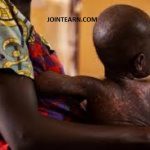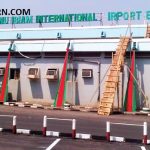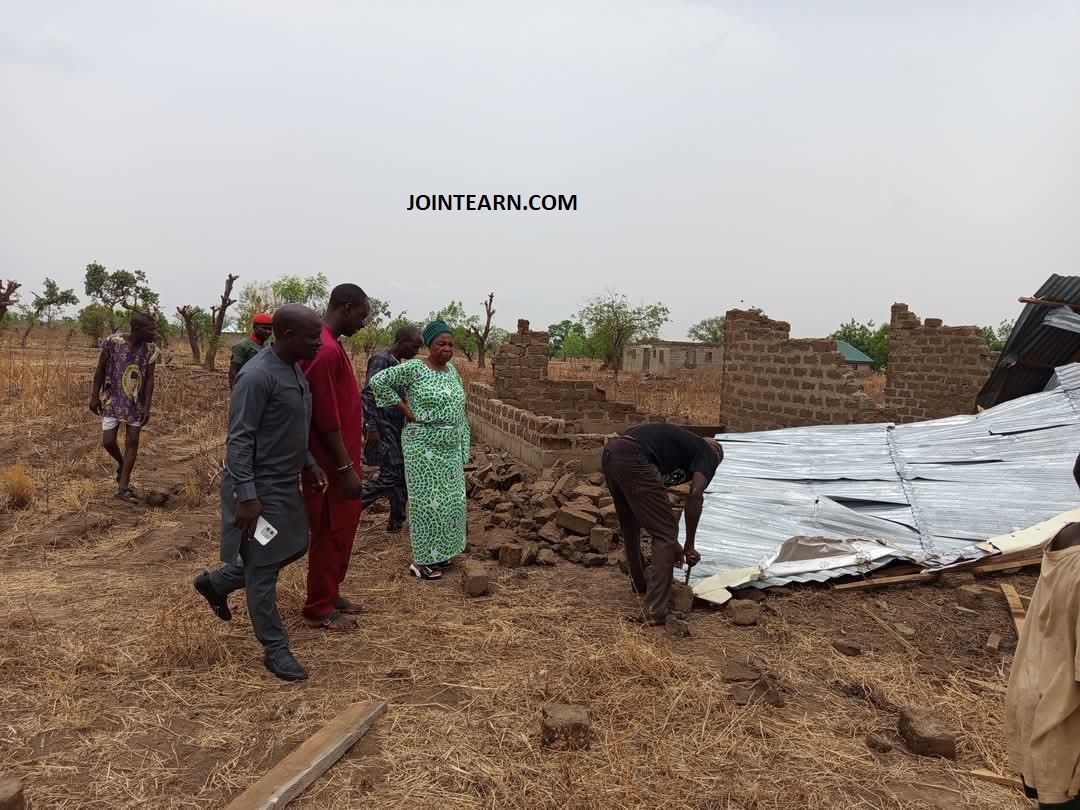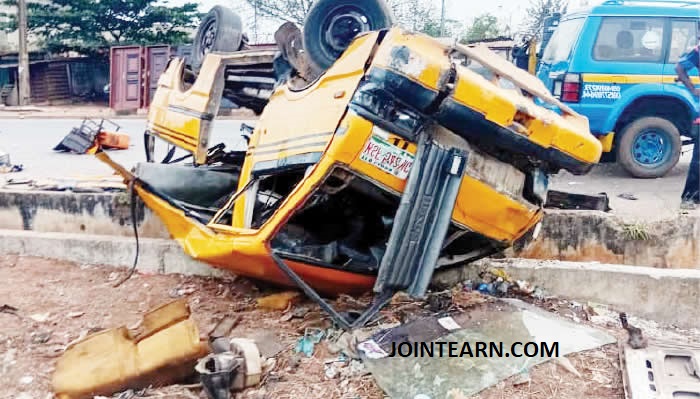A severe rainstorm swept through several communities in the Langtang South Local Government Area of Plateau State, leaving a trail of devastation in its wake. The storm, which occurred recently, destroyed over 70 houses and yam barns, with roofs blown off and several buildings collapsing in Mabudi, Sabon Gida, and other affected areas123. The incident has sparked widespread concern among residents, who are now calling for immediate assistance from the state government.
Impact of the Storm
The rainstorm, which was accompanied by strong winds, caused significant damage to residential and agricultural structures. Residents reported that about 70 houses had their roofs blown off, while several other buildings collapsed due to the force of the wind23. The destruction of yam barns is particularly concerning, as it affects the livelihoods of many farmers in the region. Yam is a staple crop in Nigeria, and the loss of these barns could have long-term implications for food security and economic stability in the affected communities.
Response from Local Authorities
In response to the disaster, the local Emergency Management Committee in Langtang South Local Government Area has visited the affected households. The committee, led by the deputy chairman, Hon. Julcit Musa, is assessing the extent of the damage and providing support to those affected23. The chairman of the local government council, Hon. Nanfa Nbin, has expressed sympathy with the victims and urged them to accept the disaster as an act of God2.
Calls for Intervention
Residents of the affected communities are appealing for intervention from the state government. Nanbol Nanzing, a resident whose community was severely affected, lamented the incident and called for immediate assistance from the government3. The need for support is pressing, as many families have been left without shelter or means of livelihood.
Broader Context of Climate Change
The recent rainstorm in Plateau State is part of a larger trend of extreme weather events that are becoming more frequent and intense due to climate change. According to the Intergovernmental Panel on Climate Change (IPCC), climate change is leading to increased variability in weather patterns, resulting in more frequent and severe storms, droughts, and floods6. In Africa, these changes are affecting agricultural productivity, water resources, and human settlements, necessitating urgent adaptation measures6.
Similar Incidents Across Nigeria
The destruction caused by rainstorms is not unique to Plateau State. In recent weeks, other parts of Nigeria have experienced similar disasters. In Kwara State, a rainstorm destroyed about 50 houses in the Ogele community, affecting public infrastructure such as schools and health centers4. Another storm in Ilorin and Ogele/Eyenkorin areas of Kwara State damaged over 200 houses and public schools5. In Kogi State, a rainstorm destroyed over 500 houses, leaving many families without shelter9.
Conclusion
The recent rainstorm in Plateau State highlights the vulnerability of communities to extreme weather events. As climate change continues to alter global weather patterns, it is essential for governments and communities to invest in resilience and adaptation measures. This includes improving building codes to withstand strong winds, enhancing emergency response systems, and providing support to affected communities. The call for intervention from the state government underscores the need for immediate action to alleviate the suffering of those affected and to prevent future disasters.
In the face of such challenges, it is crucial for Nigeria to adopt a comprehensive approach to managing climate-related risks. This involves not only responding to immediate needs but also investing in long-term strategies to mitigate the impacts of climate change. By doing so, Nigeria can reduce the vulnerability of its communities and ensure a more sustainable future for its citizens.












